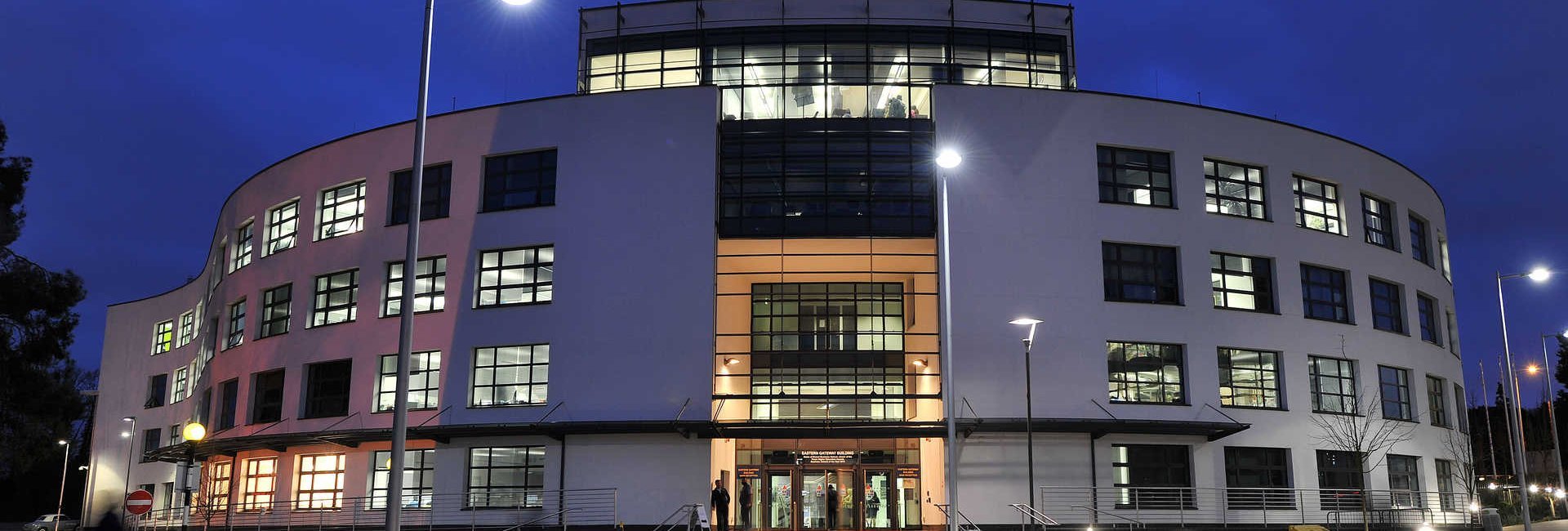Brunel University of London - on-campus Open Day (undergraduate and postgraduate)
28 Jun 2025, 09:00
Uxbridge, Middlesex

Politics and Sociology at Brunel is a dynamic combination of high level study in both subjects. Your politics studies will help you address critical questions like: Who has political power? Why do they have it? And in whose interest do they exercise it?
Meanwhile, your studies in sociology will look at subjects like sociological theory, social identities, the sociology of everyday life and the changing nature of modern societies. You’ll be studying people, societies and how people live, and on the other how they are governed or want to be governed.
Both subjects will help to demonstrate your intellectual acumen and understanding of world affairs and real life issues, which will be an asset in so many fields of work.
Whether you’re studying modern world politics or the development of social change and transformations, you’ll not just learn about them, you’ll be analysing them using the tools of political science and social science to help deepen your understanding and critical thinking.
Opt for a placement year and you'll gain valuable experience to help give you the edge in the job market when you come to graduate. Past students have secured placements in the Home Office, HM Treasury, the House of Commons, and the Competition Commission, but the list of possibilities is endless.
It’s a competitive world out there, so you’ll get plenty of support from your lecturers and the University’s Professional Development Centre to help prepare you for your placement year and the world of work.
But why not increase your career options with an accredited journalism course, a free modern language course, or a social media internship? You can even opt to study part of your degree abroad in one of our partner universities in Europe, or participate in an exchange programme to China or the USA.
It’s all available at Brunel to help you make a difference in the world – now and in the future.
Brunel graduates of this subject enter diverse careers. Some go into politics and the civil service, some are at GCHQ and military intelligence, and some go on to further study or into research.
Others go into the public sector – the NHS, social or care work, education or in local authorities, while others go into the private sector working for international banks, business consultancy, law, NGOs, the media and marketing. The opportunities are endless.
Sample modules:
Making Sense of Culture & Society,
Crisis & Critique,
Comparative Electoral Systems
To view the full list of modules for this course and further information on degree content, please visit the Brunel website: brunel.ac.uk/study/undergraduate/Politics-and-Sociology-BSc

Learn what it's like to study at Brunel University London. From key stats to campus highlights, open days, and more - find everything you need to know here.
The following entry points are available for this course:
Discover what it's like to study Politics and Sociology at Brunel University London: insights on the course, making friends, personal statement tips, uni prep, and recommended books, podcasts, and videos.
| Test | Grade | Additional details |
|---|---|---|
| IELTS (Academic) | 6.5 | with no less than 5.5 in each subsection |
| Institution's Own Test | with no less than 55% in each subsection | |
| TOEFL (iBT) | 90 | with a minimum of: Reading - 18 Listening - 17 Speaking - 20 Writing - 17 |
| PTE Academic | 59 | with a minimum of 59 in all subscores |
Brunel University London - English Language Requirements https://www.brunel.ac.uk/international/English-Language-Requirements
Brunel University London is committed to raising the aspiration and improving equality of opportunity of our applicants and students. We adopt a contextualised admissions approach when reviewing applications, which include accepting lower grades or making lower offers to applicants from disadvantaged and under-represented backgrounds. From 2024 entry, the offer will be personalised based on a holistic view of the application, including the individual applicant’s personal and educational journey.
This section shows the range of grades students were previously accepted with - learn more. It is designed to support your research but does not guarantee whether you will or won't get a place. Admissions teams consider various factors, including interviews, subject requirements, and entrance tests. Check all course entry requirements for eligibility.
Students aged 17/18 who applied to this course were offered a place.
See how students with your grades have been accepted onto this course in the past.
Operated by the Office for Students
Employment after 15 months (Most common jobs)
Go onto work and study
The number of student respondents and response rates can be important in interpreting the data – it is important to note your experience may be different from theirs. This data will be based on the subject area rather than the specific course. Read more about this data on the Discover Uni website.
| Location | Fee | Year |
|---|---|---|
| Republic of Ireland | £9250* | Year 1 |
| Channel Islands | £9250* | Year 1 |
| EU | £19430* | Year 1 |
| England | £9250* | Year 1 |
| Northern Ireland | £9250* | Year 1 |
| Scotland | £9250* | Year 1 |
| Wales | £9250* | Year 1 |
| International | £19430* | Year 1 |
* This is a provisional fee and subject to change.
Tuition fee status depends on a number of criteria and varies according to where in the UK you will study. For further guidance on the criteria for home or overseas tuition fees, please refer to the UKCISA website.
EU nationals may be eligible for a discount on their fees - please see our website at https://www.brunel.ac.uk/scholarships/page?id=c8112b36-1680-4492-b55c-f4e9932ae2e8
Kingston Lane
Uxbridge
UB8 3PH
Visit our website Visit our course page
Email:admissions@brunel.ac.uk
Phone:+44 (0)1895 265 265
Email:enquiries@brunel.ac.uk
Phone:+44 (0)1895 265 599